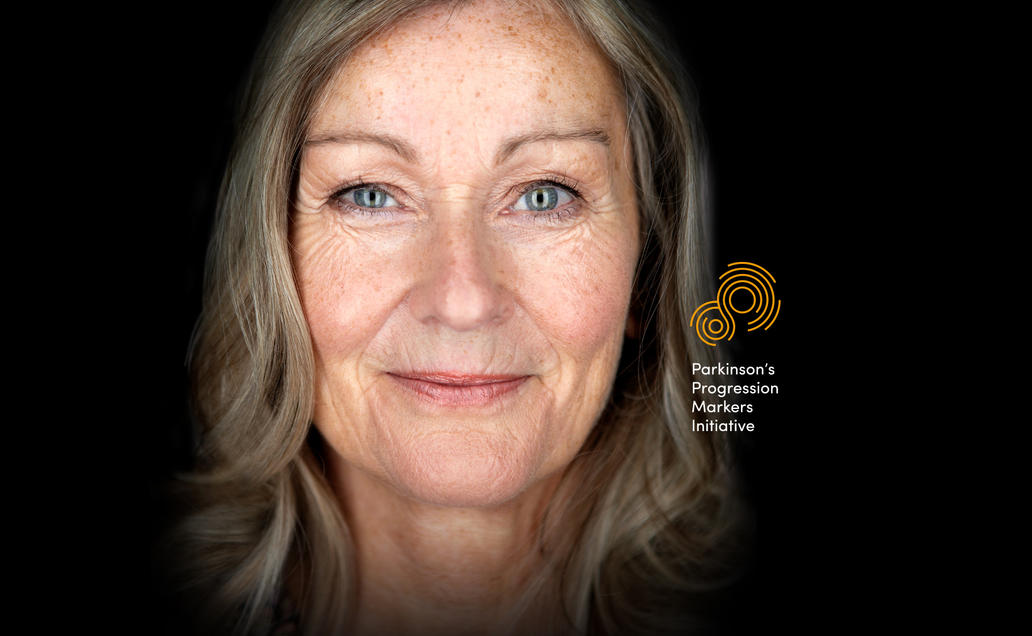

Some other brain diseases and movement disorders share symptoms with Parkinson's disease. While each condition is unique, they also share treatment options, and research into one may help understand and treat others.
Conditions Related to Parkinson's Disease
-
"Off" Time
"Off" time is when Parkinson's symptoms — motor and/or non-motor — return between medication doses. Not everyone experiences "off" time, but it's more common when living with Parkinson’s or taking levodopa for many years.
-
Dyskinesia
Dyskinesia is uncontrolled, involuntary movement that can look like fidgeting or wriggling. In Parkinson's, dyskinesia can happen with long-term levodopa use and longer time with disease. Many new therapies are working to prevent or treat this complication.
-
Dystonia
Dystonia is painful muscle contractions that lead to abnormal postures. A symptom of Parkinson's and a movement disorder, dystonia affects about 500,000 people in the United States and Canada. Researchers are working to better understand and treat this condition.
Atypical Parkinsonisms
-
Lewy Body Dementia
People with Lewy body dementia (LBD) have the motor symptoms of Parkinson's but develop dementia (significant memory and/or thinking changes). Since Parkinson's and LBD share underlying biological changes, research into one may help treat the other.
-
Multiple System Atrophy
This brain disease causes slowness, stiffness and walking problems, but people with multiple system atrophy also have more problems with the body's automatic functions (blood pressure, digestion). They also can have other symptoms, such as difficulty controlling emotions.
-
Corticobasal Degeneration
This brain disease causes movement, memory or thinking, and behavioral problems. Corticobasal degeneration (CBD) involves a build-up of a protein called tau. Scientists are working to measure and target tau with new treatments to stop CBD and other tau diseases.
-
Progressive Supranuclear Palsy
Progressive supranuclear palsy (PSP) is another disease linked to a build-up of the tau protein. It causes movement symptoms, eye movement problems, and memory and thinking (cognitive) changes. Research into tau could help diagnose and treat PSP.

Join the Study that's Changing Everything
Researchers are studying the link between sense of smell and brain health. People with and without Parkinson's can help by taking a scratch-and-sniff test. It’s free, mailed to your home and takes just 15 minutes to complete.

